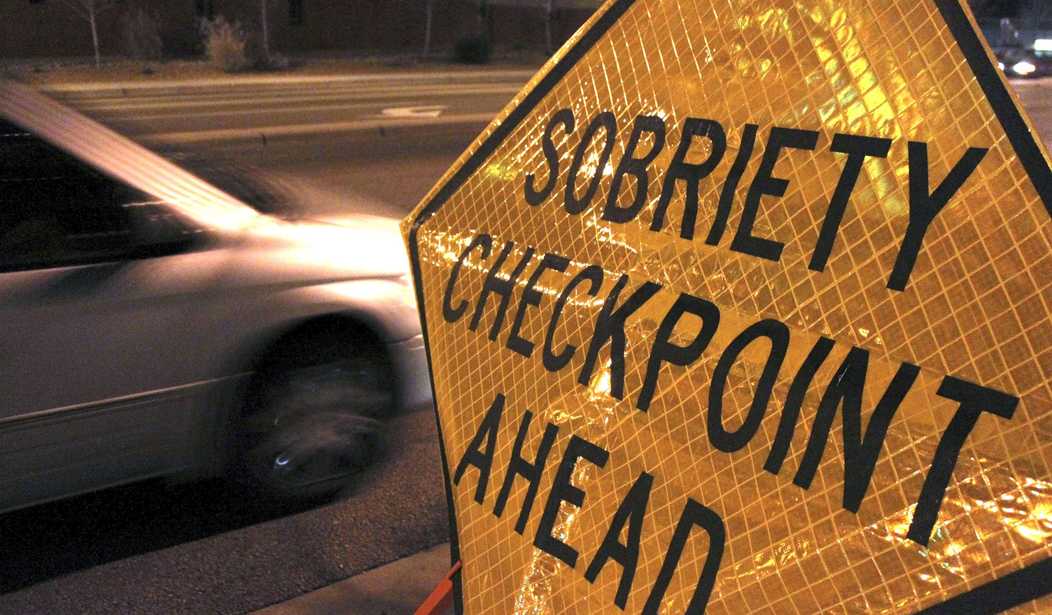Citing a recent report claiming that roadway deaths in the U.S. are at “crisis levels,” the National Transportation Safety Board (NTSB) issued a recommendation that all new vehicles sold in the United States should be equipped with blood alcohol monitoring systems, regardless of whether the owner has a history of impaired driving or not. The NTSB is not a regulatory agency so they can’t impose such a rule on their own. They will have to convince the National Highway Traffic Safety Administration to put the rule in place. More than 40,000 people died in automotive accidents in 2021, a marked increase over 2020 when much of the country was locked down and not traveling as often. But even the NTSB admits that there are significant technological challenges standing in the way of such a mandate and the NHTSA will have to study the matter closely in partnership with the automotive industry to determine the viability of such a plan. There are also significant questions to be answered in terms of the privacy rights of drivers who have shown no propensity to drive while impaired. (Associated Press)
The National Transportation Safety Board is recommending that all new vehicles in the U.S. be equipped with blood alcohol monitoring systems that can stop an intoxicated person from driving.
The recommendation, if enacted by the National Highway Traffic Safety Administration, could reduce the number of alcohol-related crashes, one of the biggest causes of highway deaths in the U.S.
The new push to make roads safer was included in a report released Tuesday about a horrific crash last year in which a drunk driver collided head-on with another vehicle near Fresno, California, killing both adult drivers and seven children.
There are several problems with this reported proposal and the criteria used to arrive at the NTSB’s conclusions. First of all, it’s accurate to say that more than 40,000 people died in automobile accidents last year, but that includes all vehicular deaths. It also includes pedestrians and bicyclists who were struck by cars or trucks. The NHTSA’s own figures suggest that the number of people killed in drunk driving accidents annually is more in the range of 10,000. Yes, that’s still a lot of people, but we should demand accuracy from the government if they’re going to attempt to impose such sweeping mandates.
The technology question is also a much bigger deal than this report makes it out to be. Technology to detect the blood alcohol level of drivers exists, but it’s still rather clunky. The most effective devices require the driver to blow into a tube and they are connected to the vehicles ignition circuit. That’s a significant demand to make of someone who has never been tagged with a DUI.
Other systems that are in development test the air inside the car for residual traces of alcohol. But they have been shown to trip the alarm if there is a passenger in the car who has been drinking even though the driver is stone-cold sober. Such devices make the vehicle effectively useless for anyone who volunteers to be the “designated driver” for a group of friends who are going out for drinks.
Mandating the installation of such technology – assuming they identify something that actually works – will further drive up the cost of the vehicle. And that’s on top of the great increases in price that everyone will experience when they are only allowed to purchase electric vehicles.
But beyond all of those issues, this proposal completely ignores any issues of privacy or the rule of law. Forcing everyone to pass a sobriety test before allowing them to start their vehicle is the exact opposite of the concept of “innocent until proven guilty.” It’s a remote accusation of guilt until you can prove to the machine that you’re innocent. And we already know that modern vehicles are increasingly tied to centralized systems and passing data along. Do you really want your car keeping a record of every time you have one or two drinks and have a blood alcohol level well below .008 when you’re driving? Do you really believe that data won’t somehow magically “show up” if you do wind up getting in an accident at a later date?
Go ahead and call me paranoid if you like. At this point, the U.S. government is giving all of us more than reasonable grounds for a bit of paranoia. And I really don’t need any more devices monitoring my every movement or utterance. No, thank you.








Join the conversation as a VIP Member